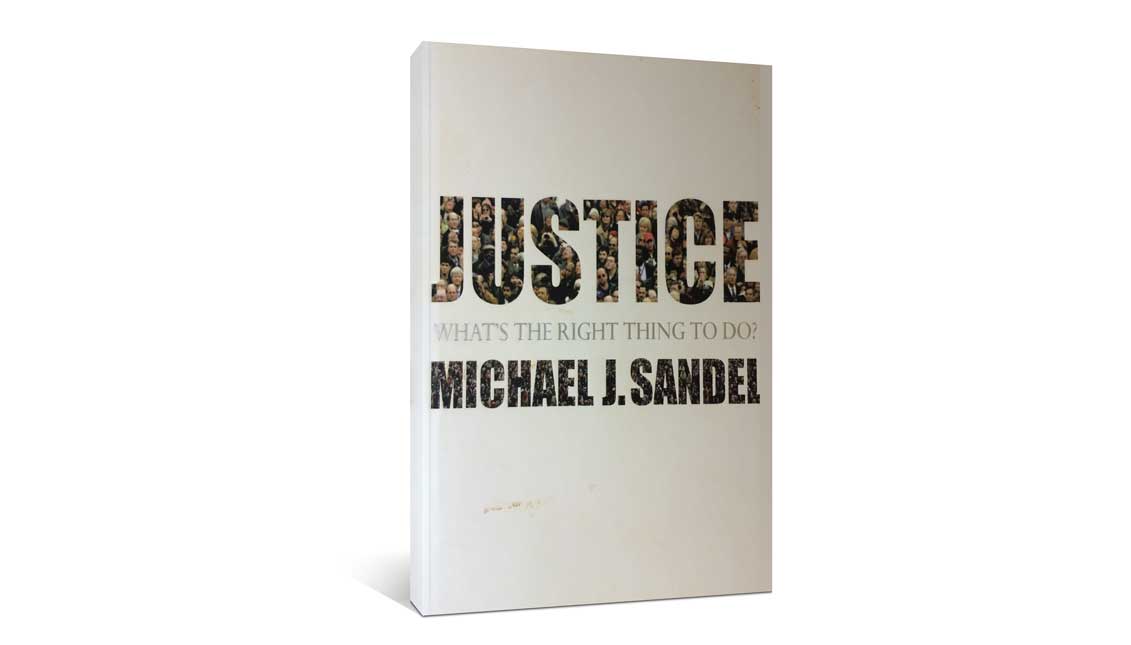
[OP-ED]: Rather than heading to the silver screen, take a moment this summer to look inward
MORE IN THIS SECTION
Some on the internet got angry over one theater’s all-woman screening of the movie, which then upset a bunch of other people. Others were miffed because Wonder Woman wasn’t wearing star-spangled undies, therefore telegraphing a leftist, Hollywood slant toward identity-sapping globalism.
Still others debated what Wonder Woman’s popularity, and her portrayal by Israeli-born actress Gal Gadot, says about Jewishness as an identity, a religion and even as a race.
There were overly ecstatic testimonials of the movie’s capacity to empower normally proportioned women to strive toward economic and political strength, bizarre conflations of the fictional heroine to the women testifying against Bill Cosby in his sexual assault trial, and endless feminist hand-wringing about whether so much importance should be placed on the glistening, toned shoulders of a violent Hollywood sex fantasy.
Jill Lepore, the author of “The Secret History of Wonder Woman,” admitted in The New Yorker: “I am not proud that I found comfort in watching a woman in a golden tiara and thigh-high boots clobber hordes of terrible men. But I did.”
It quickly became far too much to take into a movie that was supposed to be an entertaining vehicle for movie-theater popcorn.
But we are living in extraordinarily politically polarized times in which everything is political; everything is a Rorschach test about what you believe and who you stand with -- or against.
There is plenty of documented evidence showing that political ideology influences one’s beliefs about the seriousness of certain criminal acts, whether someone is suitable for dating or whether a person is worthy of a merit scholarship. Now we learn from a group of researchers writing in Harvard Business Review that partisanship can skew our economic behavior:
“When presented with a purchasing opportunity, consumers were almost twice as likely to engage in a transaction when their partisanship matched the seller’s. In our survey experiment, three-quarters of the subjects refused a higher monetary payment to avoid helping the other party -- in other words, they preferred to make themselves worse off so that they would not benefit the other party.”
The authors conclude that partisan-based discrimination is so widespread in interpersonal and economic transactions that it warrants “more systematic scrutiny -- not only from scholars but also from businesspeople, workers, and consumers.”
RELATED CONTENT
There’s no need to wait for academia to do this for us. One antidote to boiling everything down to “us vs. them” is to think about how and why you think, rather than focusing so closely on what you think.
As religion gets increasingly marginalized in public life, and as trust in institutions from government to education systems continues to plummet, it’s a wonderful time to understand the roots of our own beliefs.
Try Michael Sandel’s “Justice: What’s the Right Thing To Do?,” which covers a wide range of thought provoking questions about civic life and describes the philosophical foundations for competing impulses. (The wonderful 12-hour Harvard lecture series is available to view on YouTube, as well.)
Or Jonathan Haidt’s “The Righteous Mind: Why Good People Are Divided by Politics and Religion,” which was rightly billed as a book “for those ready to trade in anger for understanding.”
If you need something lighter (that pairs well with popcorn), take “Morality and the Movies: Reading Ethics Through Film” by Dan Shaw to the beach and you can consider what you might have in common with some of film’s most compelling characters.
Really, anything you do to understand your core beliefs -- and take time away from the fleeting and constant churn of media offense, side-taking, and indignant response -- can be an antidote to calcified positions.
And not because you should change your convictions. The real value lies in understanding the worth of all principles so we can appreciate each other’s beliefs -- and maybe even eventually find some common ground.







LEAVE A COMMENT:
Join the discussion! Leave a comment.